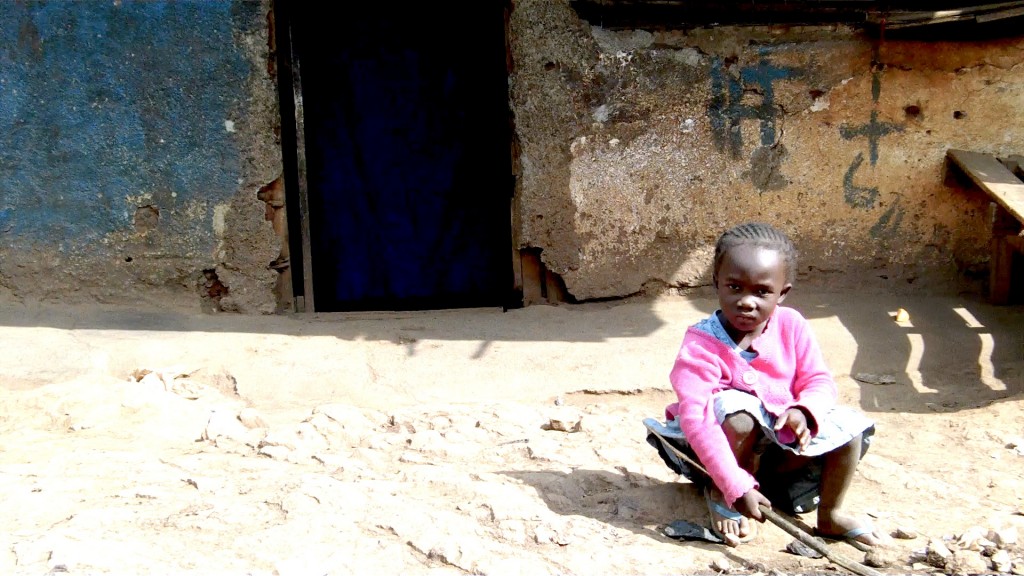CSW 56: Week Two
09 Mar 2012
Catch up on our coverage from the past week, below, as the United Nations’ 56th session of the Commission on the Status of Women comes to a close. Click here for coverage from week one.
This blog brings out the flavour of gender issues, from the network of IPS writers and friends. Gender Masala is part of the Inter Press Service project Communicating for Change: Getting Voice, Visibility and Impact for Gender Equality. Check it at www.ips.org/mdg3/
09 Mar 2012
Catch up on our coverage from the past week, below, as the United Nations’ 56th session of the Commission on the Status of Women comes to a close. Click here for coverage from week one.
08 Mar 2012
By Equality Now*
“To be able to realise their full potential in society as women, girls need to be empowered to raise their voices against injustices committed against them and they need a system that will support their quest for justice.”
08 Mar 2012
By Simba Shani Kamaria Russeau*
“For developing countries, female migrants are becoming the main export as the labour market demand for a new form of modern-day slavery â domestic servitude â increases in the Middle East.”
03 Feb 2012
By Mathilde Bagneres
UNITED NATIONS, Feb 2, 2012 (IPS) – As UN Women celebrated its first birthday, its executive director Michelle Bachelet stressed that political upheveal and shrinking budgets are no excuse to push back the hard-won gains made by the women’s movement globally.
“My top priority for 2012 will be to make a renewed push for women’s economic empowerment and political participation,” Bachelet said at UN Women’s one-year anniversary press conference Thursday.
Formally known as the United Nations Entity for Gender Equality and the Empowerment of Women, UN Women was established to accelerate progress on meeting women and girls’ needs worldwide. Created by the U.N. General Assembly in July 2010, it became operational on Jan. 1, 2011.
Its six priorities are advancing women’s political participation and leadership; improving women’s economic empowerment; ending violence against women and girls; expanding the role of women in peace talks, peace building, and recovery; making budgets and plans benefit women and men equally; and increasing coordination and accountability across the U.N. system for gender equality. More »
22 Nov 2011
Whereas the world in 2011 has heard of the Arab Spring and the thousands who gathered in Cairo, very few have heard of the Feb. 25, 2011 Day of Anger in the other Tahrir Square – in Baghdad.
Nor do people follow this weekly Friday gathering of Iraqi women and men who demand their basic rights to work, water and electricity – along with the establishment of true democracy and an end to corruption and the occupation.
The Organisation of Womenâs Freedom in Iraq (OWFI) has been among those demonstrating at high risk to their own security. On Jun. 10 of this year, 100 days after the government promised to meet pro-democracy demands, activists who gathered in Baghdadâs Tahrir Square were brutally attacked by plainclothes forces. Women meeting under the OWFI banner were sexually assaulted.
14 Nov 2011
11 days away!
If you’re on Twitter, be sure to follow this list of organisations that are planning events around the world for this year’s campaign and use #16days2011 to share what your group is doing!
Are we missing anyone from the list? Let us know in the comments below, on Twitter at @thegenderwire, on our Facebook page or shoot us an e-mail at mdg3 [at] ips.org.
11 Nov 2011
14 days away!
Here’s a great resource for online activism specifically for women’s organisations from the Association for Progressive Communication Women’s Networking Support Programme and Violence is not our Culture.
Their guide, below, offers tips for online campaigning, harnessing social networks and minimising security risks.
What is your group planning – online or off? Tell us in the comments below, on Twitter at @thegenderwire or on our new Facebook page.
05 Sep 2011
By Wendy Harcourt*
It is hard to recall that just a couple of decades ago rape as a weapon of war was an unspeakable subject. The appalling violations of women and children during wartime were hidden from view. Millions of women bore the brutality, humiliation, pain debilitating physical and psychological scars with no support and too often complete rejection of their community. 
Unfortunately rape in war continues but it is no longer silenced. It is upfront as one of the gravest rights abuses now punishable by criminal courts. In 2008 the UN Resolution 1820 (2008), stated that ârape and other forms of sexual violence can constitute war crimes, crimes against humanity or a constitutive act with respect to genocideâ. The resolution calls not only for monitoring and prosecution of warring factions but also for a crackdown on peacekeepers who exploit women and children during times of conflict. More »
19 Aug 2011
Photo Essay by Aline Cunico
 (IPS/Aline Cunico)
(IPS/Aline Cunico)
Considered one of the biggest slums in the world, Kibera is Nairobi’s–and East Africa’s–largest urban settlement. Over one million people struggle daily to meet basic needs such as access to water, nutrition and sanitation. In this community lacking education and opportunities, women and girls are most affected by poverty.